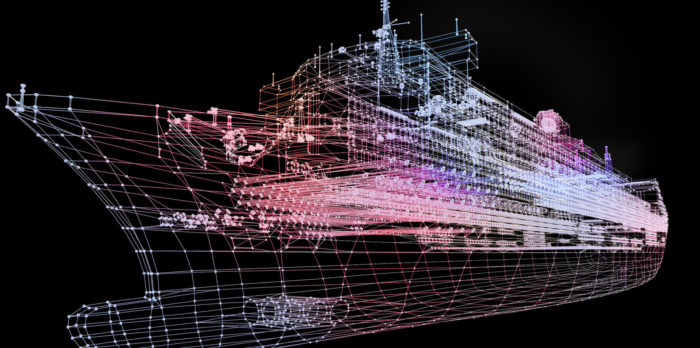There are a number of new technologies which are beginning to come into use on board ship and ship bridge makes no exemption. Navigators will need to learn how to use these new systems and understand their strengths and weaknesses.
Decision Support Systems (DSS), Artificial Intelligence (AI), Automation are only some of the examples of technologies that are likely to affect the way navigators work in future, argues David Patraiko, Director of Projects for The Nautical Institute, in the 24th edition of The Navigator focusing on technology.
Professional navigators will need to prepare themselves to understand these new systems and how to make best use of them. As an industry, we will also have to think about how we assess the effectiveness of these systems, how we can encourage useful feedback and how that feedback can be used for continual improvement.
In this regard, The Nautical Institute provides 10 terrific facts about the future of maritime technology:
- Stay current: New technology is changing the world rapidly; keeping abreast of evolving capabilities will make it easier for you and your colleagues to make the best use of it.
- Plan ahead: Continuous Professional Development (CPD) is about identifying what you want to learn, learning it and then reflecting on how it has helped you and informed your decision about what to learn next. This can apply to learning about new technologies.
- SWOT up on your tech: As with any area of life, technologies old and new all have strengths, weaknesses, opportunities and threats (SWOT) – try to understand as many of them as you can to gain a fuller picture.
- Be critical…but not cynical: It’s good to question systems and the advice and support they offer, but remain open and positive to their potential benefits too.
- Don’t get lost in the data: Many systems use ‘big data’ (analysing vast amounts of data) to arrive at conclusions faster than humans can. These results can be very useful but they can often overlook subtleties, particularly when human issues are involved.
- Garbage collection: Always be mindful of the quality of data that is being used – and produced. Systems that use poor data will return poor advice: a simple case of garbage in / garbage out.
- Feedback matters: Some systems offer great improvements, some cause frustration. Don’t suffer in silence (as mariners often do). Rather, try to let your company and manufacturer know. Your feedback could help improve the next version.
- Need and want: Increased data can be a good thing when it comes to making decisions – or a bad thing if it leads to information overload. Consider what amount of information you actually need, as opposed to what you might want (but might not actually be useful). How can you filter this down?
- Mentoring: Learn from everyone, particularly when it comes to technology; someone younger or more junior than you might be in a great position to mentor you and help you learn about advances in technology.
- Version control: Hardware, software and data change rapidly and must be updated on a regular basis. Always check that you are current and have a procedure for keeping everything up to date.































































